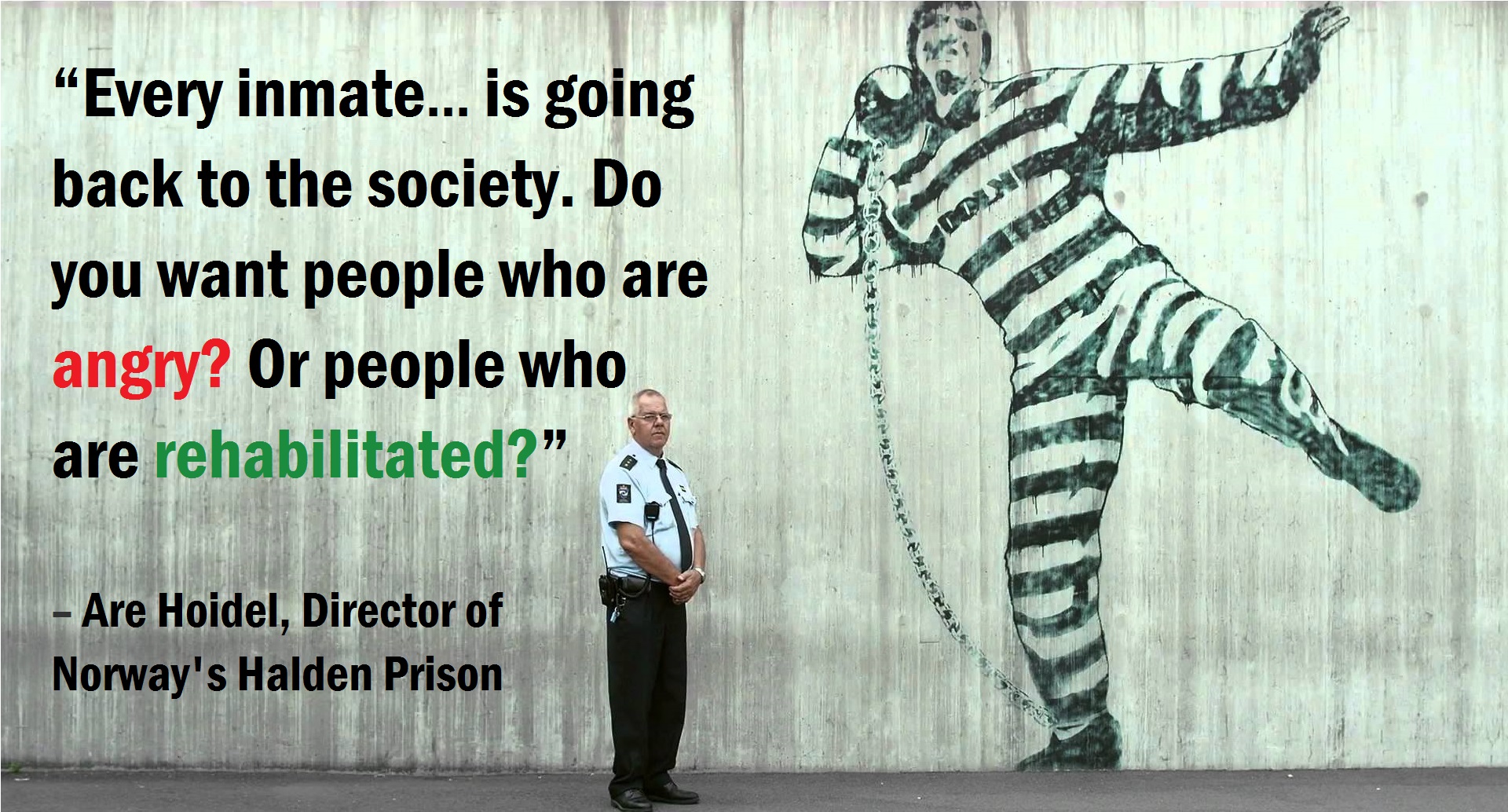

These groups are used to coordinate the attack, decide on targets, and share results, even offering to help each other for the goal. CPR estimates that about 23% of the groups observed on Telegram attempt to unite hackers, IT professionals, and other IT “fans” to attack Russian targets in cyberspace. (Source – Check Point Research)ĬPR researchers also discovered that cyber hacktivists are choosing Telegram to transfer messages, cyber arms, and tools, and are “pointing” attackers to relevant Russian targets. “Since the beginning of the war, we have seen tens of groups being created daily. News feeds from fighting zones bypass traditional media. There were also numerous “news feed” groups, airing updated and “exclusive” news reports about the conflict, bypassing mainstream news outlets. They noticed that cyberattack groups against Russia urge followers to attack Russian targets in different ways and tools, mainly DDoS intrusions.ĬPR also discovered groups urging followers to support Ukraine by fundraising, to be of doubtful authenticity, often suspected to be fraudulent. Meanwhile, CPR researchers who have been closely monitoring growing activity being managed on Telegram, saw about 6x more groups surfacing around the conflict, than the day before the invasion. Durov felt that Telegram channels were increasingly becoming a source of unverified information and that he did not want the app to be used as a tool that may deepen conflicts. Last week, Reuters reported that Telegram founder Pavel Durov said the app may consider partially or fully restricting the operation of some channels if the situation in Ukraine escalates. Compared to other social media chat groups and channels, Telegram channels can host up to 250,000 users, a significantly higher reach than most. Instead, he has cultivated a foreign policy that consecrated mutual, if unequal, support for respective systems of repression and corruption with much of Russia’s “near-abroad”-a euphemism for the former Soviet and Russian imperial space.Reports also show that journalists in Ukraine are using Telegram to disseminate the news and updates about the Russian invasion. It wasn’t that he was in any way personally close to the likes of Kazakhstan’s former strongman, Nursultan Nazarbayev, or the late Uzbek dictator Islam Karimov Putin does not seem to form genuine friendships with anyone. Over two decades, Putin has practiced a foreign policy that depended on authoritarian handshakes. We shouldn’t expect dramatic, near-term shifts in the foreign policy of Russia’s Central Asian or South Caucasus neighbors, in part because a focus on Russia’s geopolitical role misses the way that personalized politics has always been the foundation for many of those countries’ relationships with Russia under Putin. Good News About Those Military Bases Named After Confederate Officersįor those on Russia’s periphery, the questions are less immediately pressing than for Russian elites trying to make sense of their country’s changing dynamics of power. What’s Really Going On in That Totally Nuts Ron DeSantis LGBTQ+ Video

Joe Biden’s New Student Debt Relief Plan Might Actually Work This Time Bar’s Dry Takedown of Rudy Giuliani Is Brutal
The ease with which his forces progressed toward Moscow likely surprised him and caused him to quickly seek an offramp. My colleague at the Carnegie Russia Eurasia Center, Tatiana Stanovaya, offered a pithy summary, including the key point that Prigozhin very likely wasn’t trying to overthrow the regime. By necessity, serious analysis of the rebellion’s implications on Putin therefore comes from outside the country. Putin’s stranglehold on the media has reduced Russia to an information ecosystem where the dominant sources of news in times of crisis are gossip and piecemeal reporting on Telegram channels.

Even if Wagner Group chief Yevgeny Prigozhin called off his group’s march on Moscow and has apparently begun his exile in Belarus, the continuing aftershocks of the mutiny that came within 125 miles of Russia’s virtually defenseless capital cannot be separated from the crisis itself.įor the West’s Russia watchers, much of the immediate focus has been on what actually transpired in Russia, what is happening now, and what it could mean for Russian politics, especially the reign of Russian President Vladimir Putin. The New York Times called it Russia’s “ 36-hour rebellion,” as if the weekend’s shattering events could be confined to a day and a half.


 0 kommentar(er)
0 kommentar(er)
